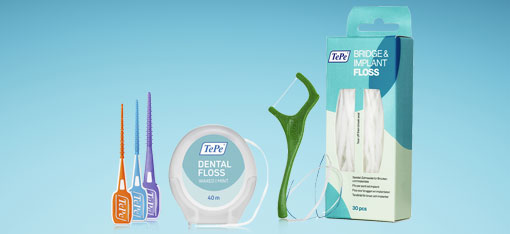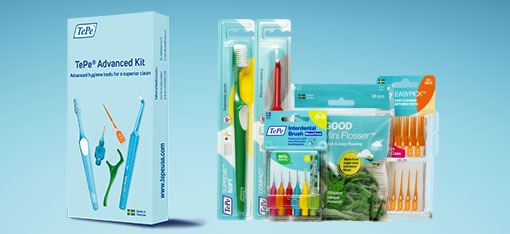Understanding and Managing Dry Mouth
Dry mouth, also known as xerostomia, can significantly impact daily activities such as eating, speaking, swallowing, chewing, and even smiling. Saliva plays a crucial role in maintaining oral health by facilitating various functions and cleansing the oral cavity. When the salivary glands fail to produce enough saliva, dry mouth occurs. This condition can result from several factors, including medication side effects, health disorders, aging, alcohol and tobacco use, or cancer treatments.
The Importance of Saliva
Saliva is essential for oral health as it helps neutralize acids produced by bacteria, reducing the risk of dental cavities. It buffers the pH in the mouth, creating a more neutral environment, and washes away food particles. Additionally, saliva contains disease-fighting substances that serve as the first line of defense against bacterial growth, which can lead to gum disease. Saliva is your body's natural way of cleaning your mouth.
Signs and Symptoms of Dry Mouth
Recognizing the signs of dry mouth is crucial for seeking timely treatment. Common symptoms include:
- Trouble speaking
- Difficulty swallowing or chewing
- Decreased sense of taste
- Waking up during the night due to thirst or a dry mouth
- Dryness or a feeling of stickiness in the mouth
- Saliva that seems thick and stringy
- Dry or sore throat
- Burning sensation
- Hoarseness
- Problems wearing dentures
- Bad breath
- Frequent thirst
Treatment and Management
Managing dry mouth involves addressing the underlying cause, which may require consultation with a dental professional or healthcare provider. If medication is the culprit, discussing alternative options or strategies to mitigate side effects is essential.
Here are some tips to relieve dry mouth:
- Chew sugar-free gum or suck on hard candies: These can stimulate salivary flow.
- Drink water with meals: This helps in chewing and swallowing food.
- Use alcohol-free mouthwash: Alcohol can exacerbate dry mouth.
- Apply moisturizing/lubricating mouth spray or gel: These products can provide relief.
- Use lip balm: This helps soothe cracked or dry lips.
Dry mouth can alter the quality of life, but with proper management and treatment, its impact can be minimized. If you experience persistent dry mouth, consult your dental professional for personalized advice and treatment options.











Leave a comment